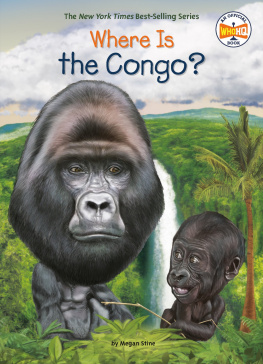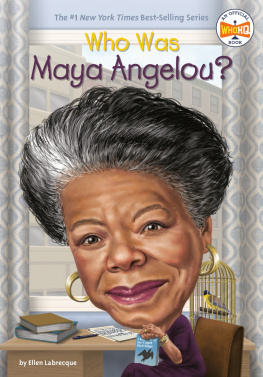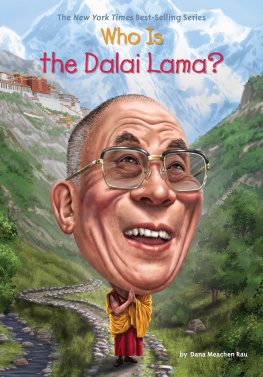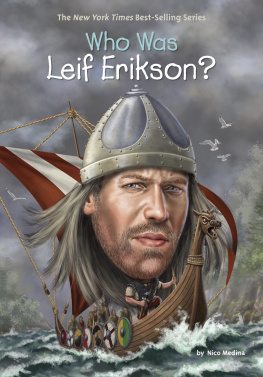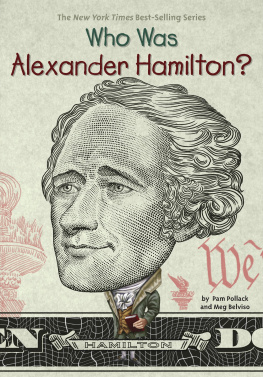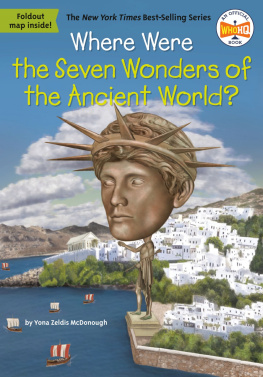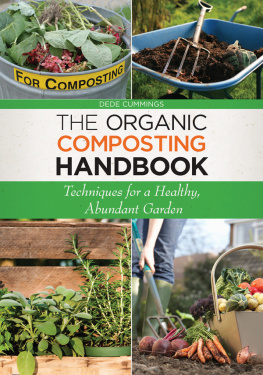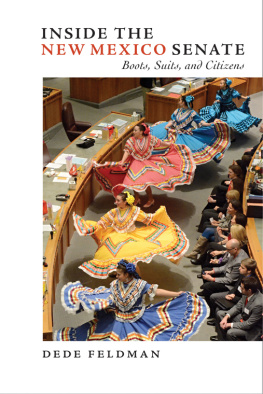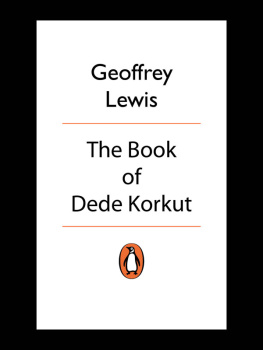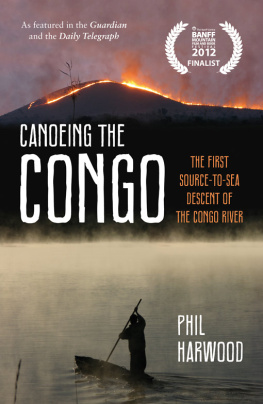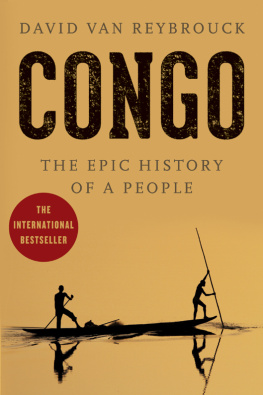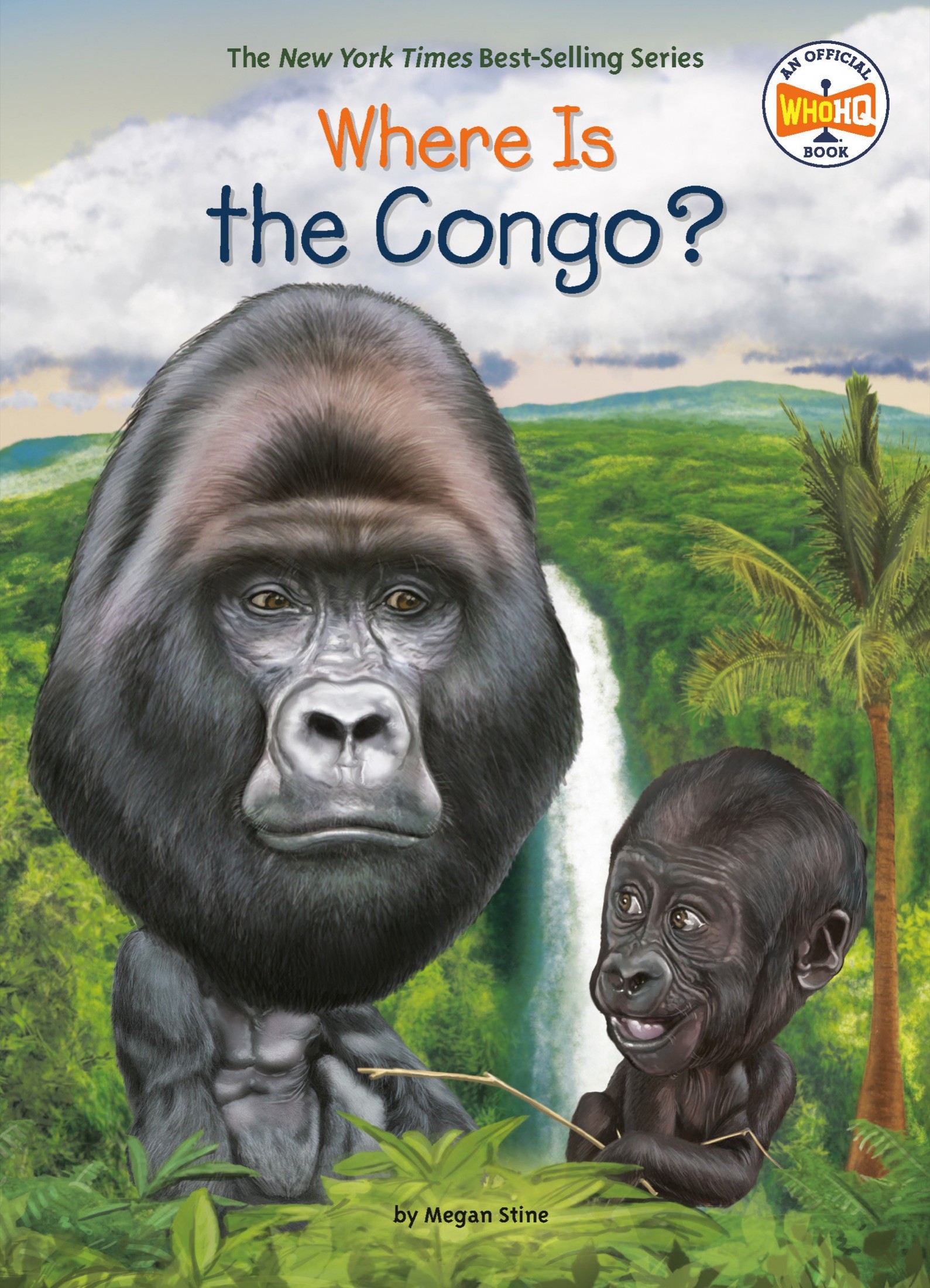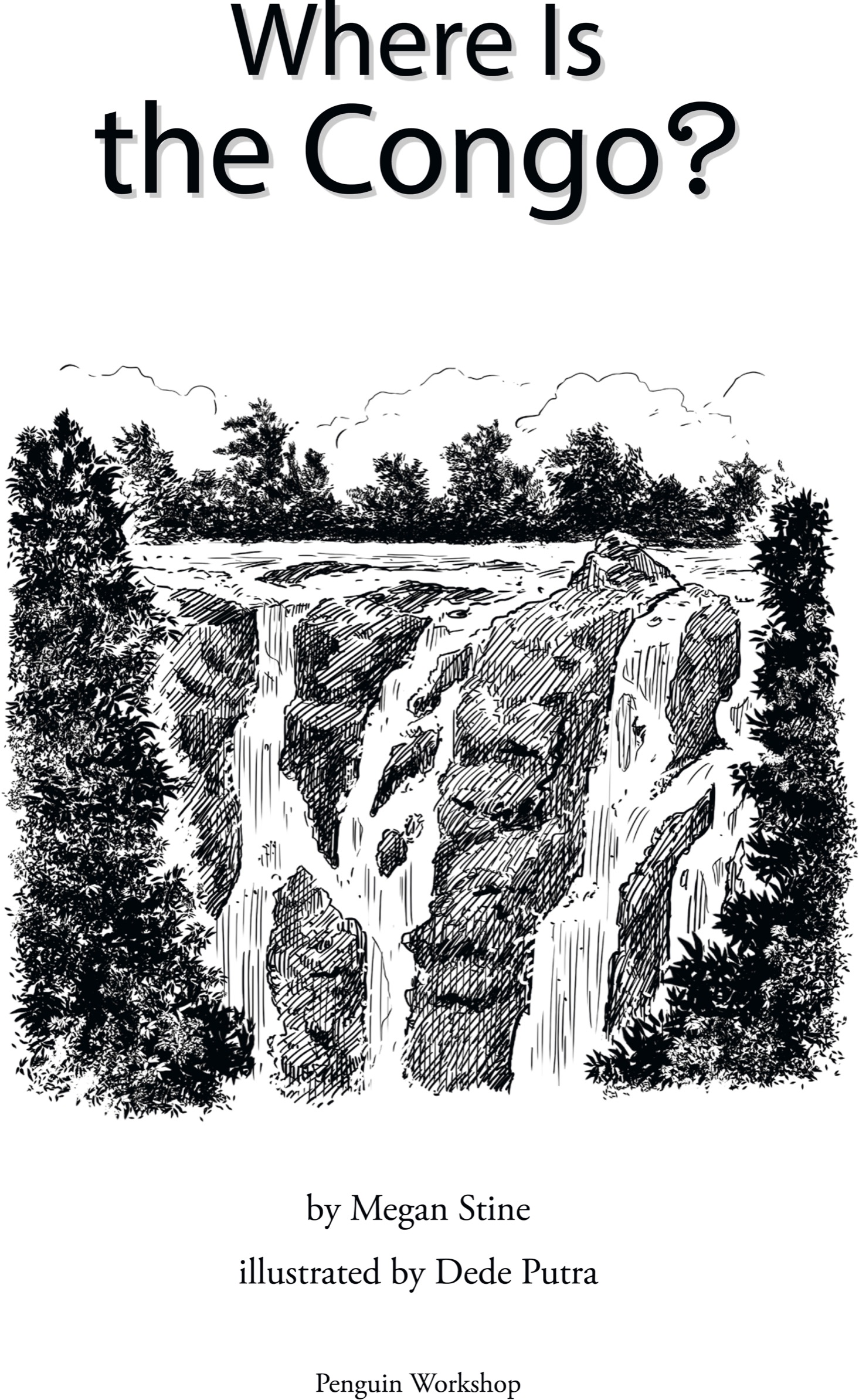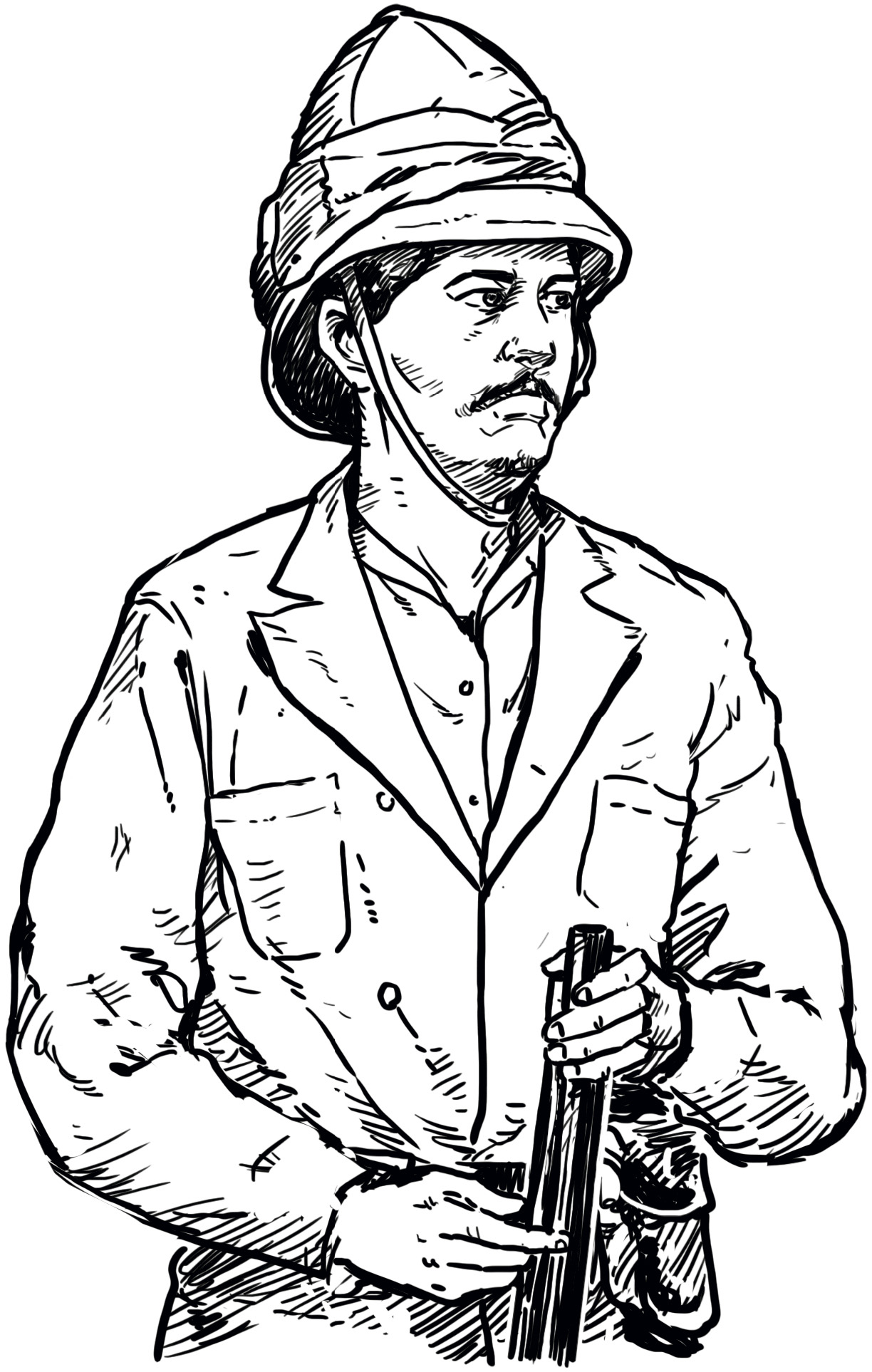
Henry Morton Stanley
In 1871, Henry Morton Stanley was a reporter, roaming the world and reporting back to a newspaper in the United States. Like a lot of adventurous young men, he wanted to go exploring. He also wanted to become famous. Back then, where was the best place to go to make a name for himself?
Africa!
Africa was a huge continent with many different tribes and cultures. But very few Americans or Europeans had been there yet. Mistakenly, they thought it was a vast empty territory waiting to be discovered. Europeans didnt appreciate that native peoples were already living in Africa. They didnt knowor carethat Africans had a rich way of life with their own customs, laws, arts, and governments. England, France, Spain, and other countries were looking for land to grab and call their own. This hunger for new land was called the Scramble for Africa.
Luba people, a Bantu ethnic group in Central Africa
One British explorer had already been to Africa, though. His name was David Livingstone. He spent fifteen years there. Livingstone crossed the huge continent from coast to coast. At one point, he was attacked by a lion. When he came back to London, he was a hero.
In 1866, Livingstone returned to Africa to search for the source of the Nile River. This time, he was gone so long, people began to wonder about him. Was he still alive?
So the New York Herald newspaper decided to find out. They sent Henry Morton Stanley, their best young reporter, to Africa to find Livingstone.
Although the trip would be incredibly hard, Stanley wanted fame and glory. He hired 190 African men to help him on the trip. They carried his supplies, cooked his food, guided him through the jungle, and protected him from many dangers. But Stanley wasnt grateful. He was awful to them.
Stanley whipped the Africans to make them work harder. He forced them to walk uphill, carrying heavy loads. If they tried to run away, he chained them up like slaves. Stanley thought the Africans should be grateful to him!
For nearly eight months, Stanley marched toward the center of Africa. He covered seven hundred miles, mostly on foot. He nearly died from illness along the way.
Finally, on November 10, 1871, Stanley found Livingstone by Lake Tanganyika. Livingstone was ill but refused to leave because his work was not done. He died in Africa two years later.
But Stanleys eyes had been opened to the riches available in Africa.
Just across from Lake Tanganyika was the enormous area that would come to be known as the Congo.
Soon the Congo would become a prize jewel in the Scramble for Africaand Stanley would play a big role in the shameful events that happened next.
CHAPTER 1
The Heart of Africa
In Africa, the name Congo means many things. It is the name of a huge winding river, almost three thousand miles long. It is the name of the vast river basinthe area around a river where rainfall collects and drains into the river. Congo is also part of the names of two modern-day countries. The larger one is called the Democratic Republic of the Congo. The smaller one is called the Republic of the Congo. When people say the Congo, they sometimes mean the whole enormous area around the river and the river basin in both countries. They can also mean one of the two countriesoften the larger one.
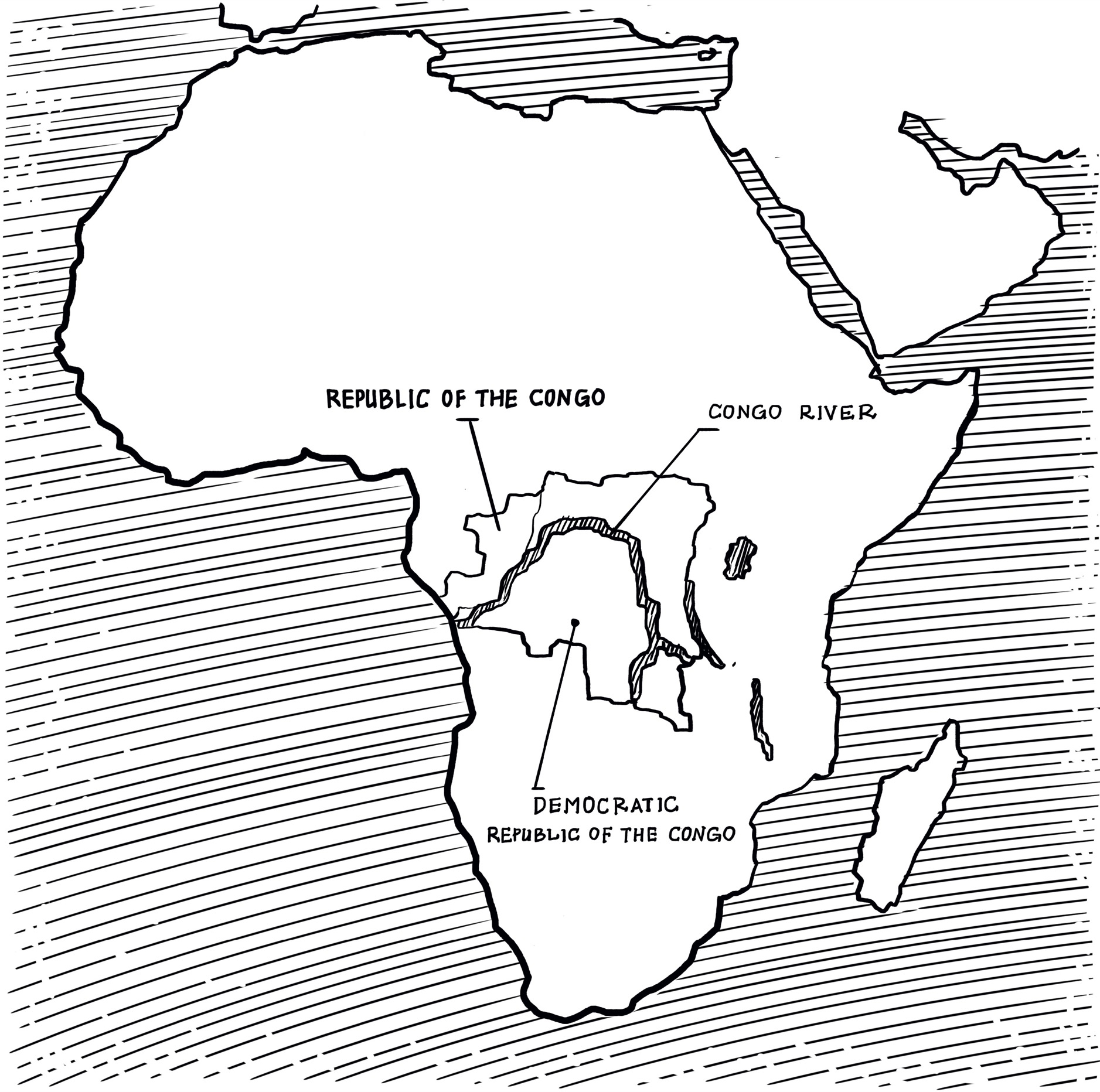
For hundreds of miles, the Congo River acts as a border between the two countries. Shaped like a curving snake or an arch, the river flows north for hundreds of miles and crosses the equator. Then it makes a U-turn and flows south, crossing the equator again before heading out to the Atlantic Ocean. Along the way, the river is dotted with waterfalls and rapids. Four main rivers, called tributaries, feed into it. The Lualaba River is the largest one.
West African crocodile
The Congo River has many important roles to play in Central Africa. Filled with hundreds of kinds of fish, its a source of food. Crocodiles, too. Its also a source of water for gorillas living in the rain forest nearby. And the river is like a highway running through Africa. For as long as people have built rafts and boats, theyve used the river to go from place to place.
Most importantly, the Congo River acts as a drainage system for all the rain that falls in the area. And there is a huge amount of rain! The region gets about seventy-nine inches of rainfall every year. Thats almost twice as much as Seattle, Washington, which is known as one of the rainiest cities in the United States.

